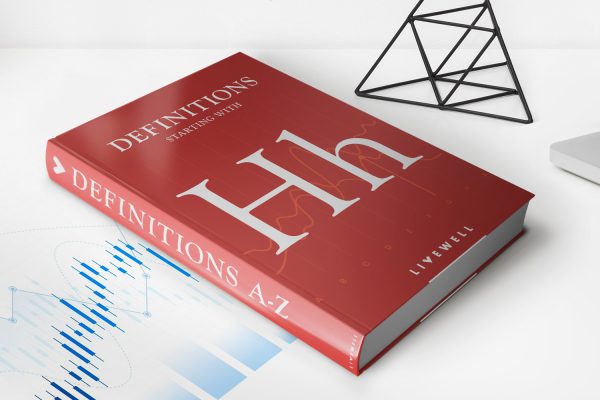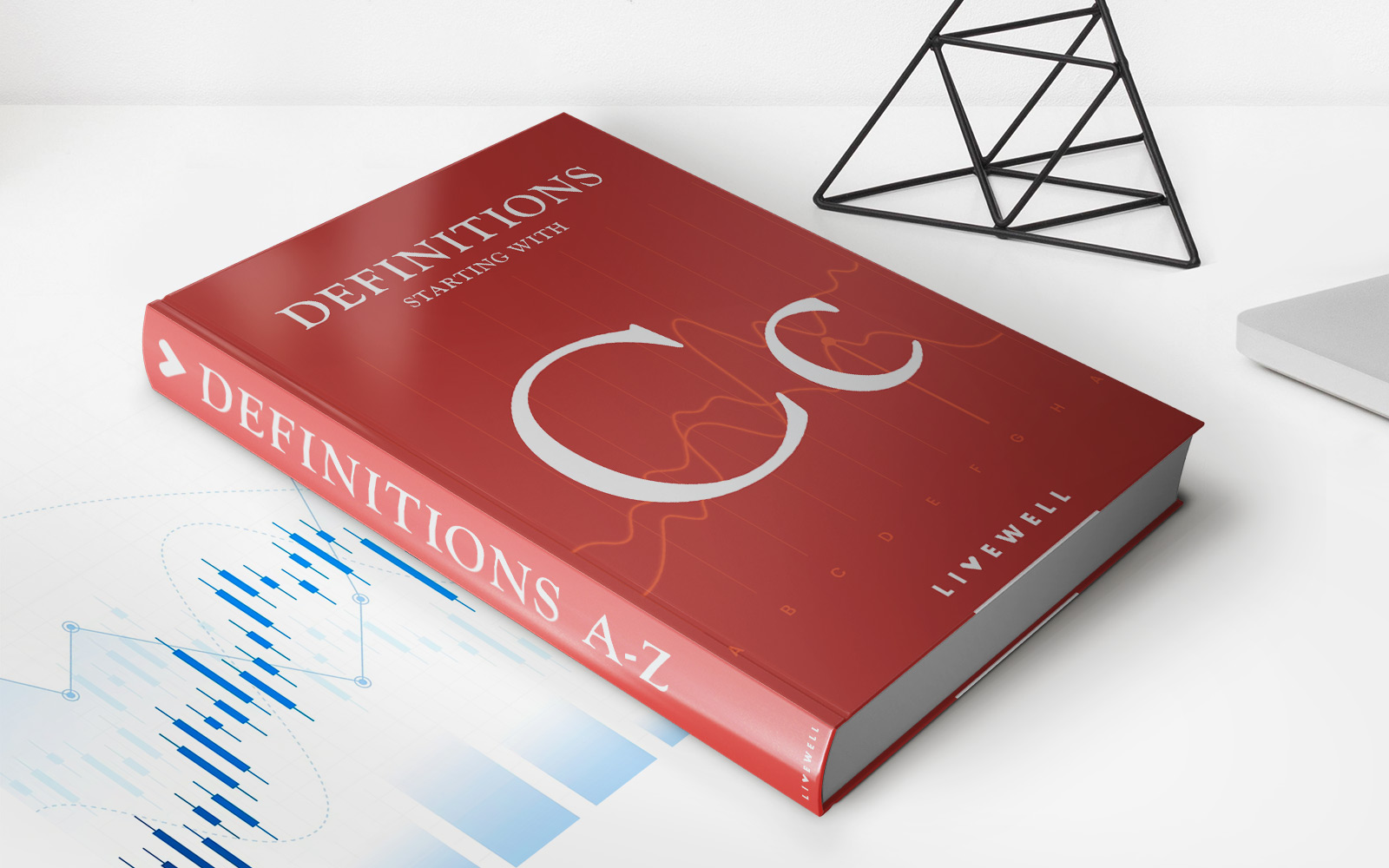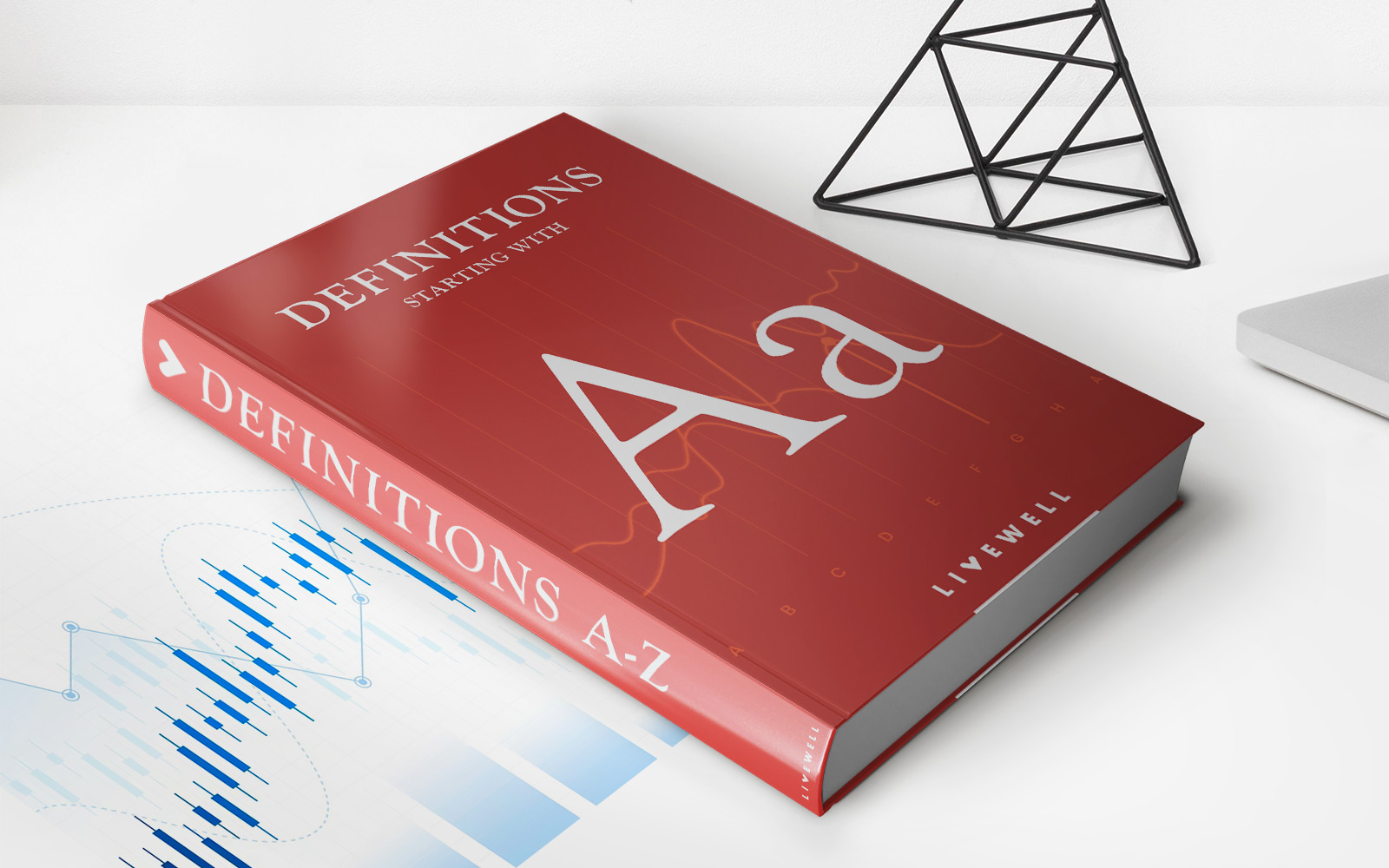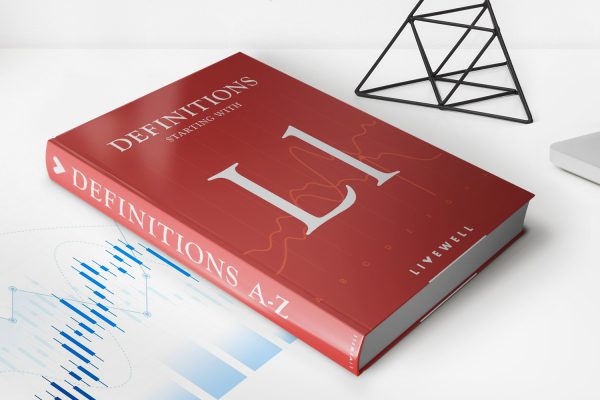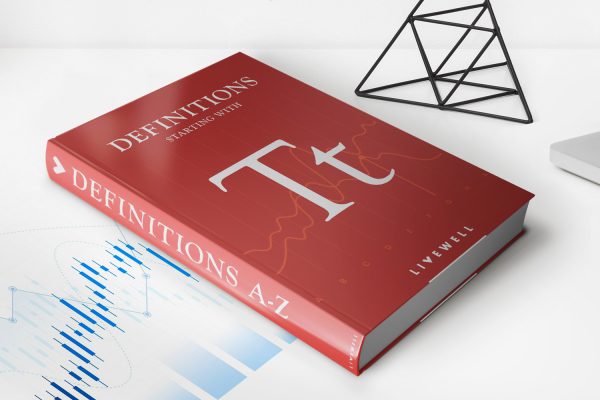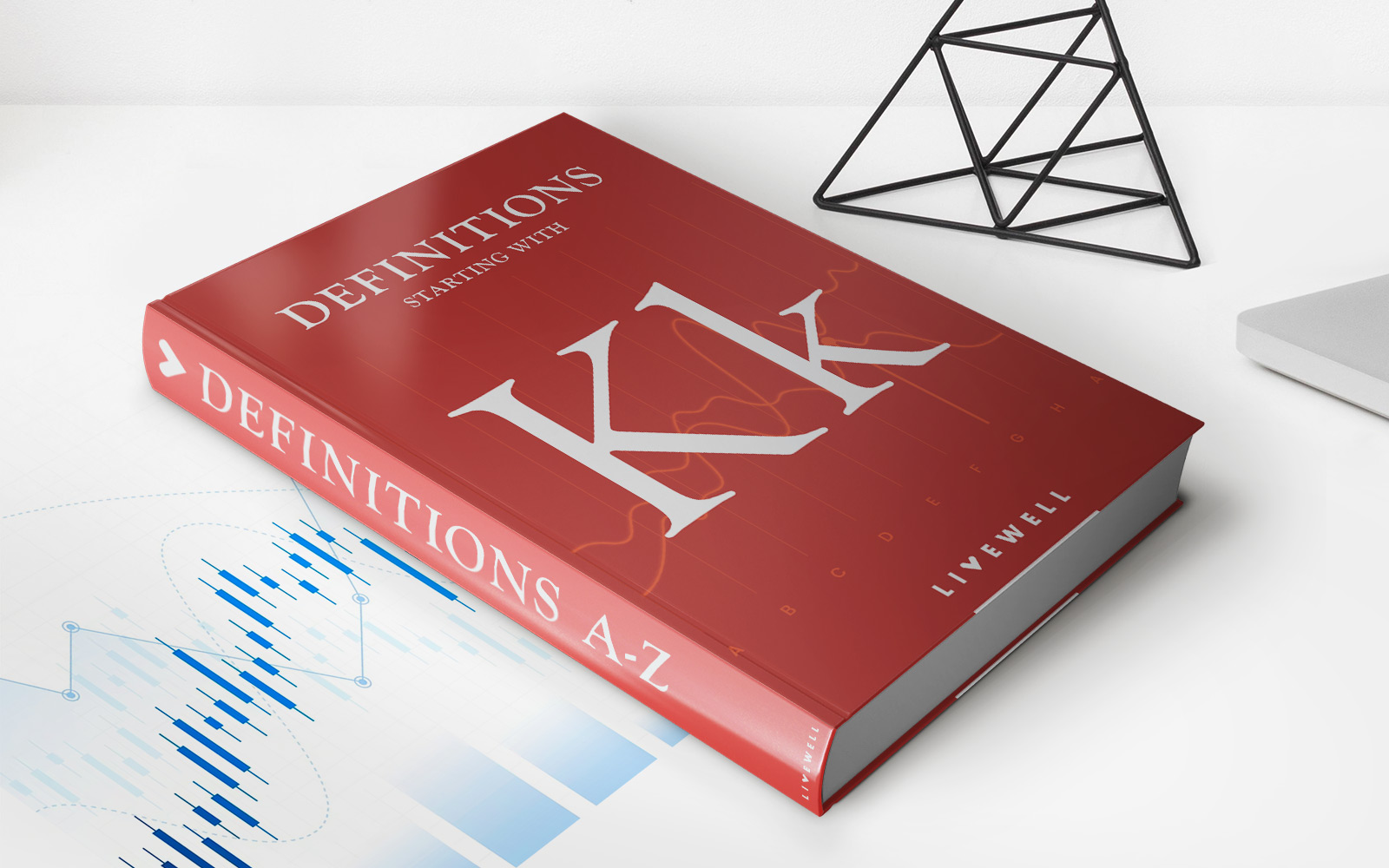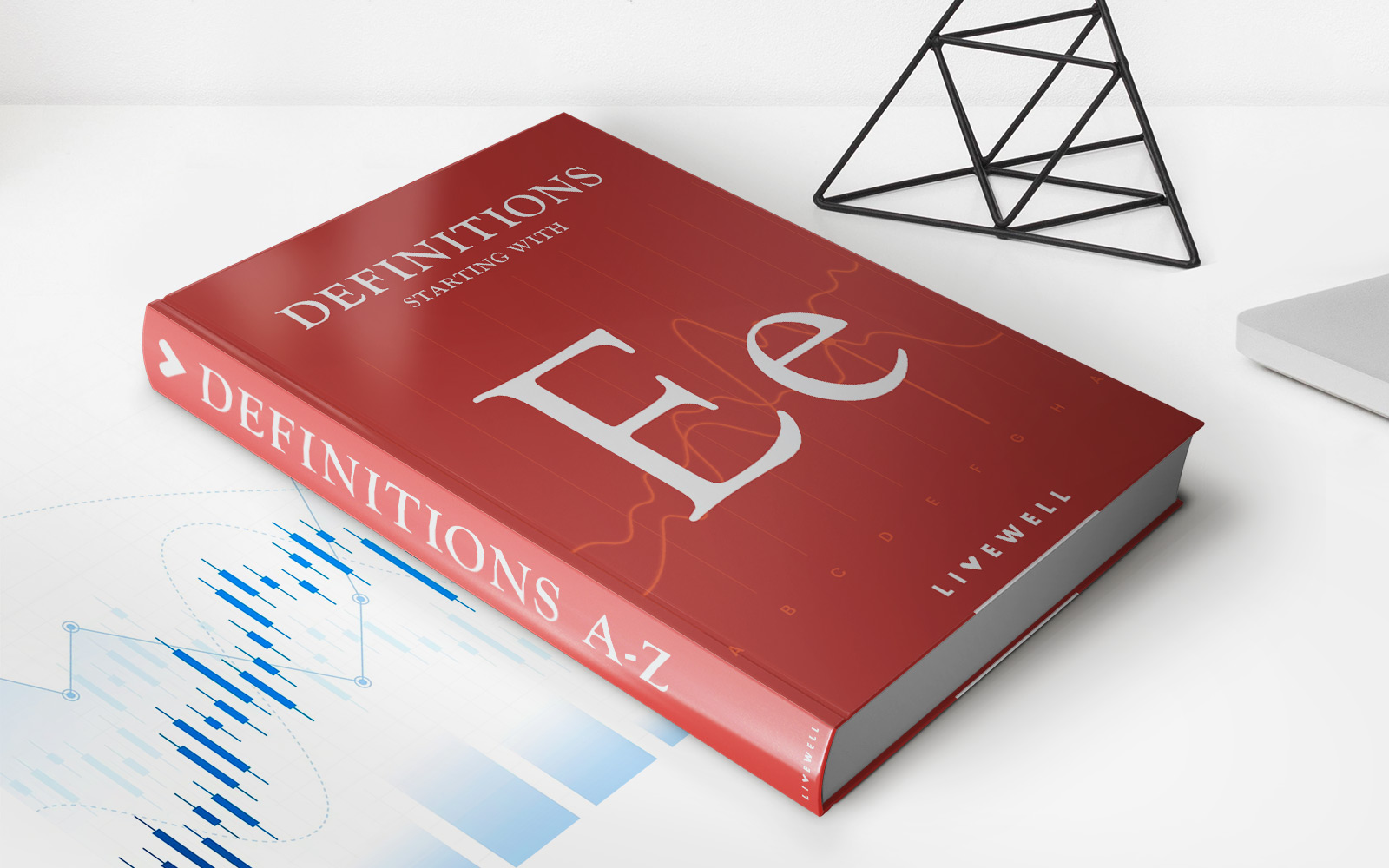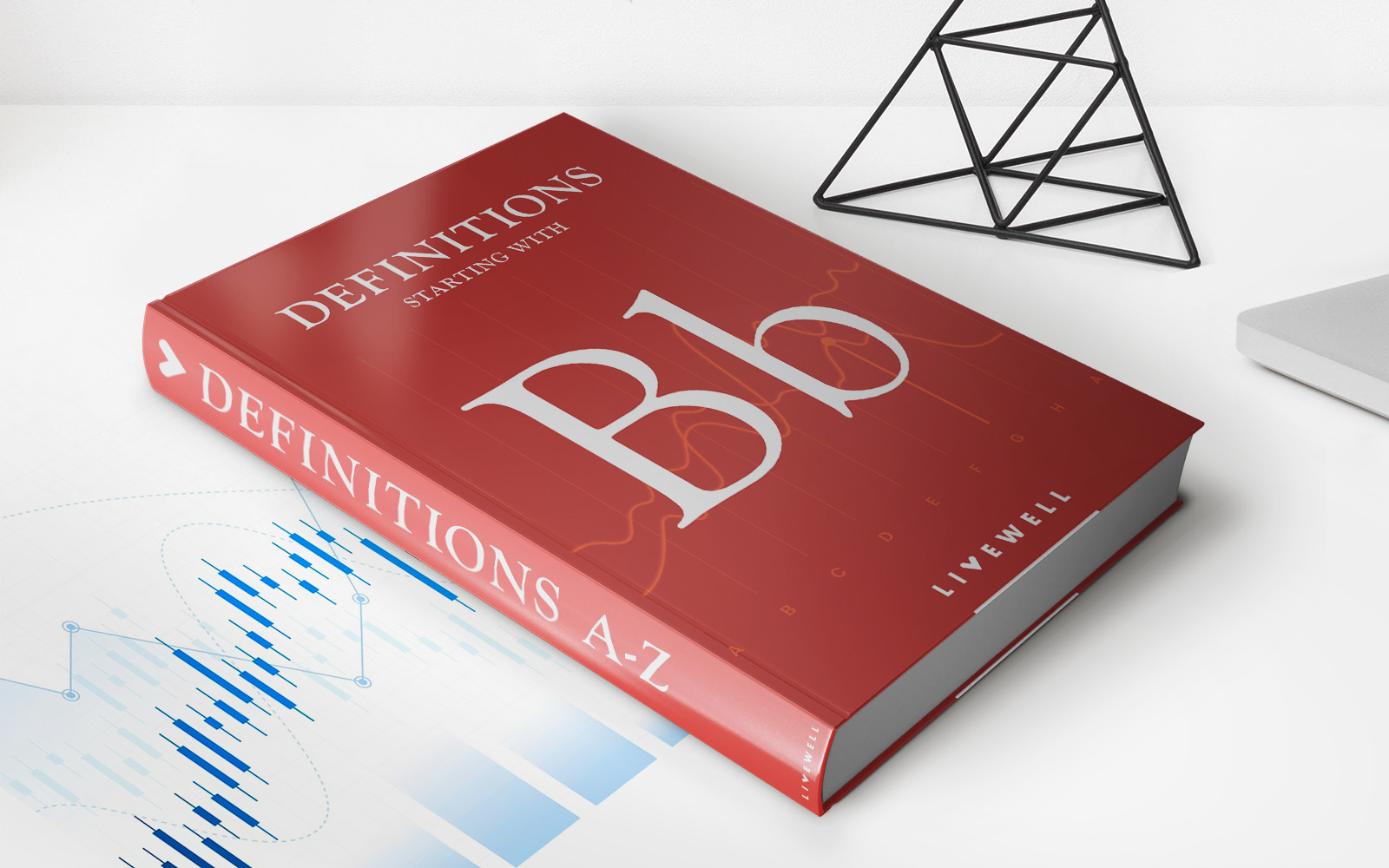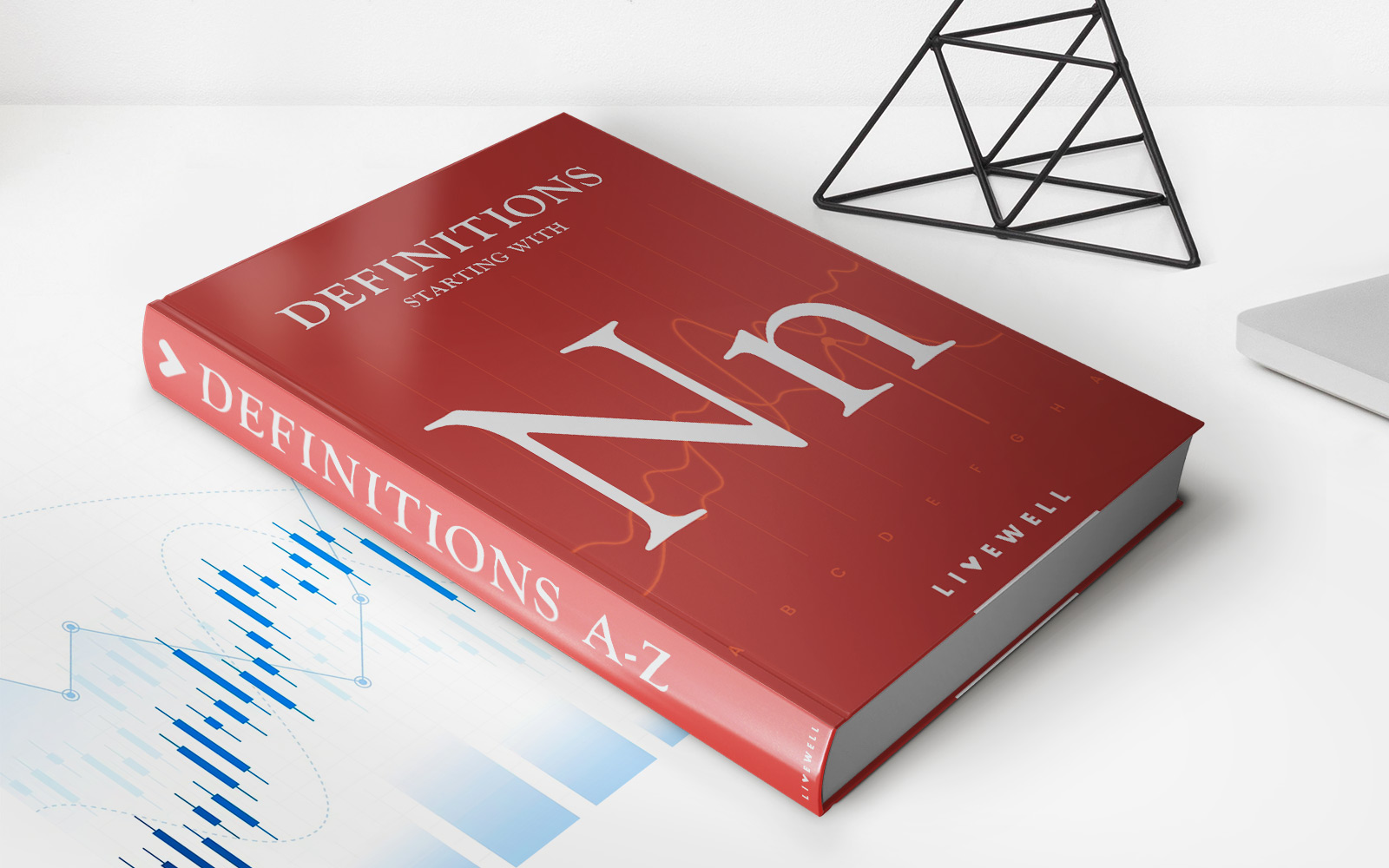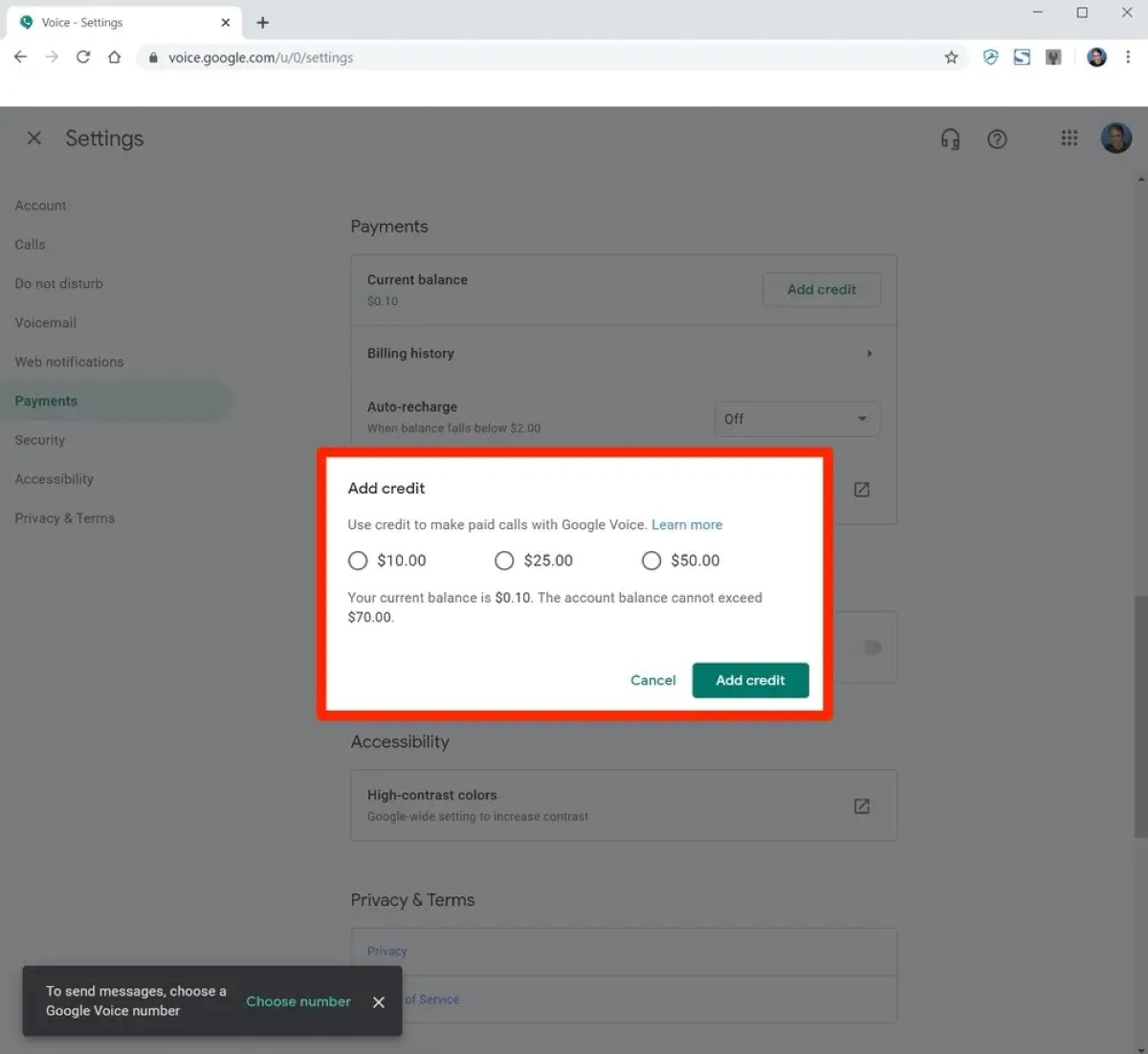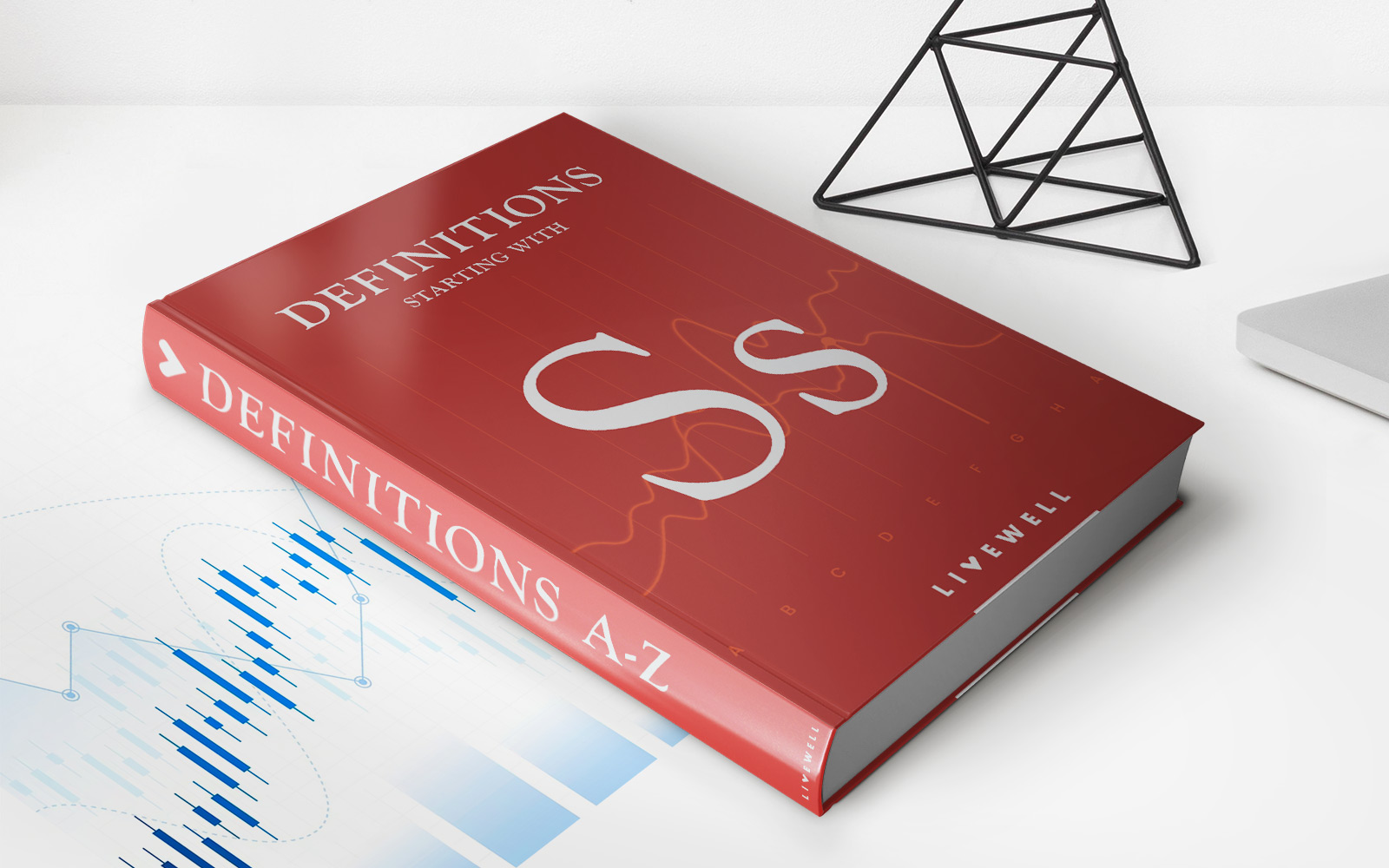Home>Finance>Check Hold: Definition, How It Works, Types, And Time Limits
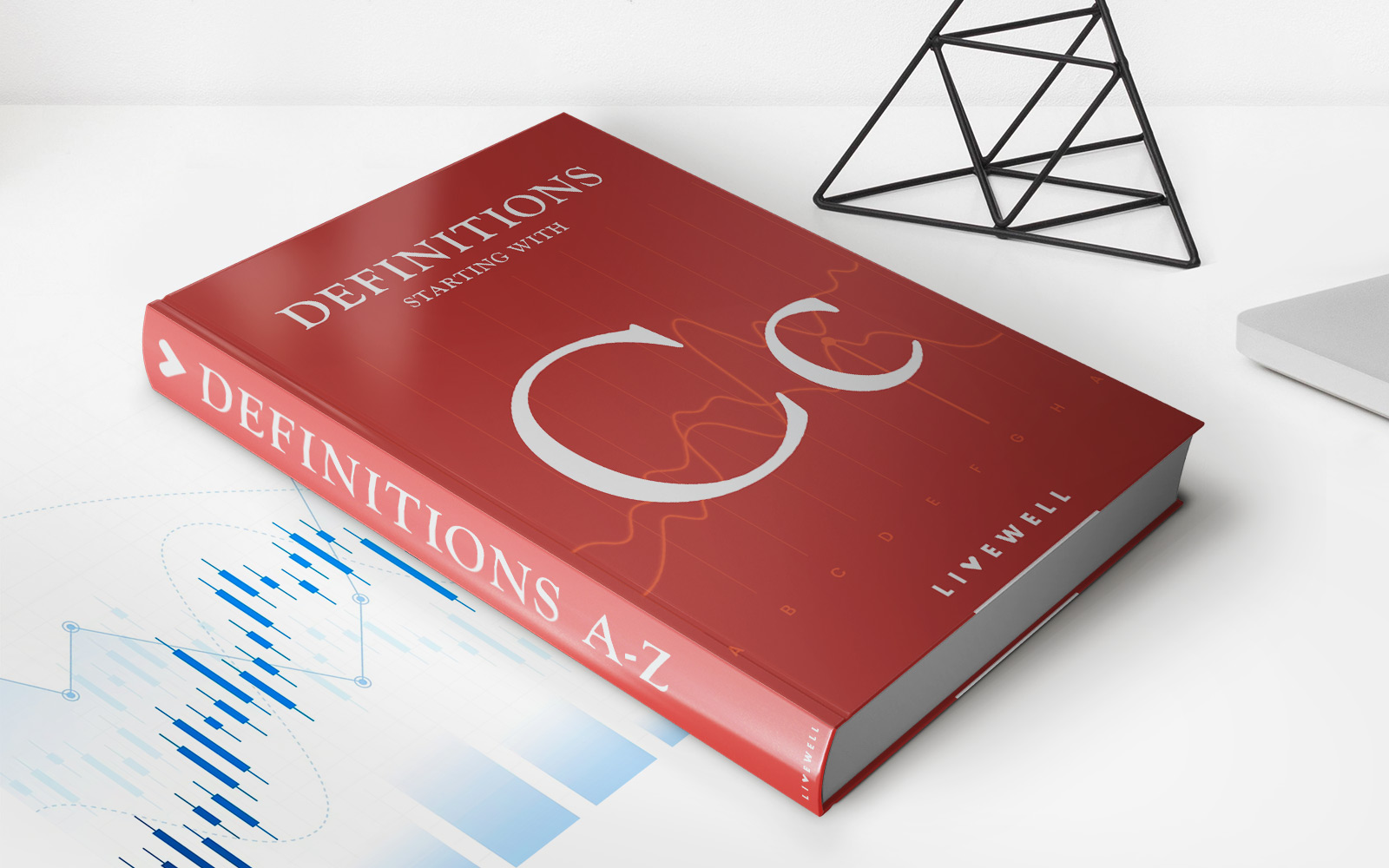

Finance
Check Hold: Definition, How It Works, Types, And Time Limits
Published: October 26, 2023
Learn about check hold and its definition, how it works, various types, and time limits. Discover all you need to know about finance and check clearance.
(Many of the links in this article redirect to a specific reviewed product. Your purchase of these products through affiliate links helps to generate commission for LiveWell, at no extra cost. Learn more)
Check Hold: Definition, How It Works, Types, and Time Limits
Are you familiar with check holds and how they can impact your finances? In this blog post, we will explore the definition of check holds, how they work, the different types of holds you may encounter, and the time limits associated with them. By the end of this article, you’ll have a clearer understanding of check holds and how they can affect your financial transactions.
Key Takeaways:
- A check hold is a temporary delay in funds availability that banks may place on deposited checks.
- The main purpose of a check hold is to protect the bank and the customer from potential fraud or insufficient funds.
What is a Check Hold?
A check hold, also known as a check hold period or an availability hold, is a temporary delay in funds availability that banks may place on deposited checks. When you deposit a check into your bank account, the bank may hold the funds for a certain period of time before making them available for withdrawals or transfers. This hold period allows the bank to verify the authenticity of the check and ensure that sufficient funds are available in the payer’s account.
During this holding period, the amount of the check is deducted from your available balance, and you will not be able to access those funds until the hold is released. The length of the hold period can vary depending on several factors, such as the type of check, the amount of the check, and the relationship you have with the bank.
Types of Check Holds
There are different types of check holds that you may encounter when making a deposit:
- Standard Check Holds: These are the most common type of check hold. The funds are typically made available after a certain number of business days, which can range from one to several days.
- Large Deposits: If you deposit a check for a large amount, the bank may place a hold on the funds until the check clears. This is to protect against potential fraud or insufficient funds.
- New Accounts: When you open a new bank account, the bank may enforce longer hold periods to establish a banking history and mitigate potential risks.
- Returned Checks: If a check you deposited is returned unpaid by the payer’s bank, your bank may place a hold on future checks from that payer or even from other payers to mitigate the risk of repeated insufficient funds.
Time Limits for Check Holds
Under federal law, banks must provide certain time limits for check holds. The Expedited Funds Availability Act (EFAA) sets these limits and ensures that banks release funds in a timely manner. However, it’s essential to note that banks may choose to impose longer holds based on their own policies or due to specific circumstances.
Here are the general time limits for check holds:
- Local Checks: Banks must make the funds available by the second business day after the deposit.
- Non-Local Checks: Banks must make the funds available by the fifth business day after the deposit.
- New Accounts: Banks may extend the hold period for up to nine business days for accounts that have been open for less than 30 days.
It’s important to check with your specific bank for their policies regarding check holds, as they may vary based on the institution and the specific circumstances surrounding your deposit.
In Conclusion
Check holds are a necessary part of the banking system designed to protect both banks and customers from potential fraud or insufficient funds. Understanding how check holds work, the different types, and the associated time limits can help you manage your finances more effectively. By being aware of potential check holds, you can plan your expenses accordingly and avoid any unexpected delays in accessing your funds.
As always, it’s best to consult with your bank or financial institution for specific information regarding their check hold policies.
